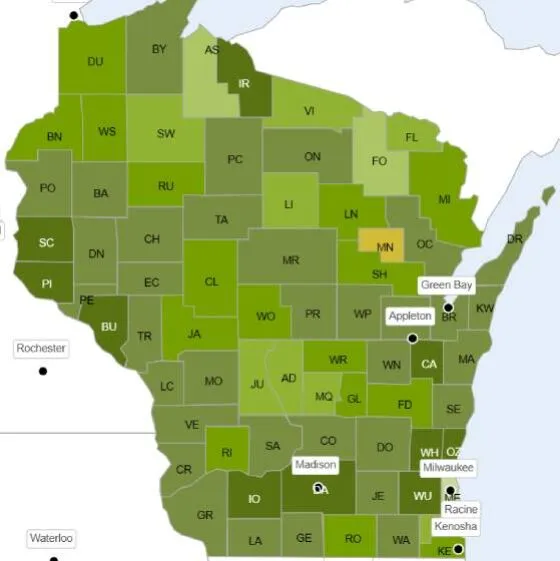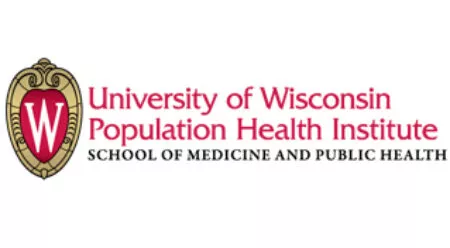Translating research for policy and practice
UWPHI leverages the expertise of faculty and students and partners with community leaders across the U.S. and with sovereign Native nations to:
- Produce data, evidence, applied research, and evaluation
- Translate and disseminate knowledge about effective policy and program
- Provide training, technical assistance, and leadership development programs
- Align and promote health and equity frameworks, narrative, strategies, and resources
- Foster organizational capacity and infrastructure to advance health equity and racial justice
UWPHI has long partnered with the Wisconsin Department of Health Services (WI DHS) to hire institute staff who are based at WI DHS and support a diverse portfolio of statewide public health grants and efforts. The institute’s investment in this staffing program has led to improvements and growth in this partnership, which supports the service mission of the growing Academic Health Department partnership between WI DHS and the UW School of Medicine and Public Health.
The Institute’s work is further supported by dedicated and committed colleagues who work across three additional units: County Health Rankings & Roadmaps, Evaluation and Engaged Research, and Workforce Development Pathways.
County Health Rankings & Roadmaps
County Health Rankings & Roadmaps (CHR&R) draws attention to why there are differences in health within and across communities. CHR&R provides a snapshot of the health of nearly every county in the nation, providing updated data on more than 90 measures of health each year. The program’s What Works for Health evidence clearinghouse evaluates more than 400 policies and practices that can make communities healthier places to live. Additionally, the Narrative for Health seeks to shift from dominant to transformative narratives to change people’s understanding of what is possible to advance health and equity.
Evaluation and Engaged Research
UWPHI’s Evaluation Research Group partners with community, tribal, county, and state governmental agencies to develop, implement, and evaluate local and state programs in public health and human services. The team of professional evaluators and student trainees also collaborates with national researchers, practitioners, and faculty and staff within the University of Wisconsin on evaluation research projects. Their extensive portfolio of evaluation projects reflects the full range of systems and health factors that contribute to population health and well-being.
Workforce Development Pathways
The Workforce Development Pathways team works to advance public health system workforce policy and practice through translational research and practice, partnering with people with firsthand experience, committed service, and training and technical assistance. The team collaborates with partners to build resources for public health leaders and trainees, that names what it takes for all people to have a fair chance to be healthy in their homes, schools, workplaces, and neighborhoods.”


